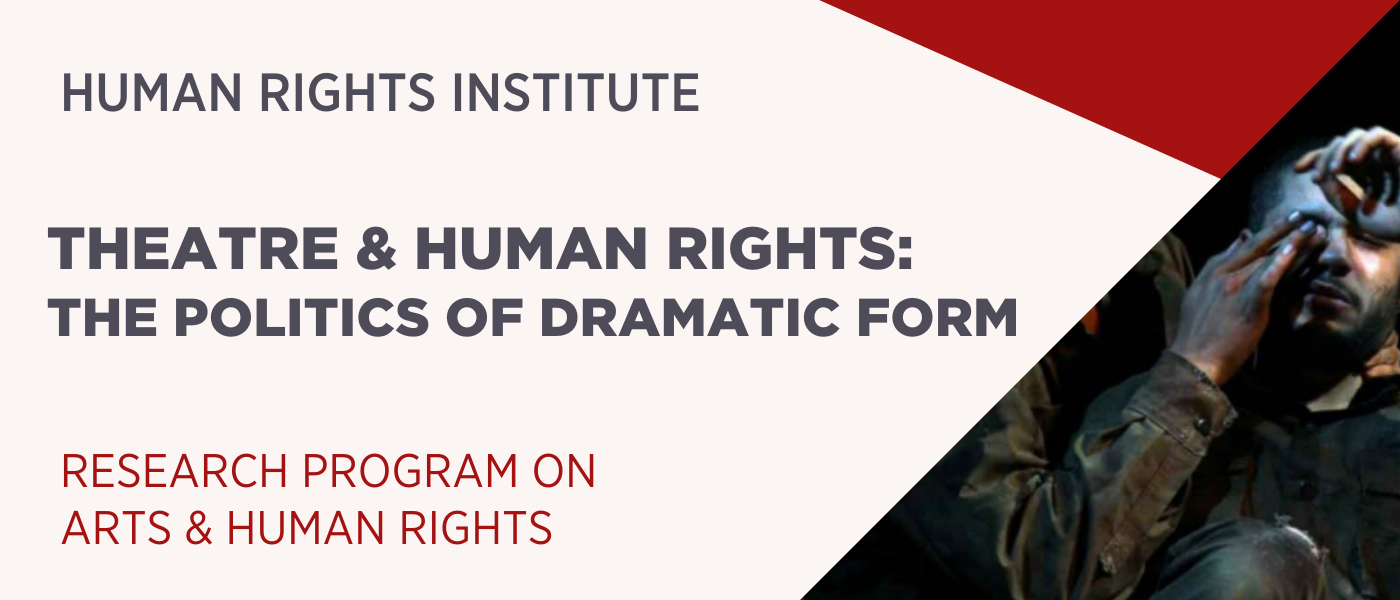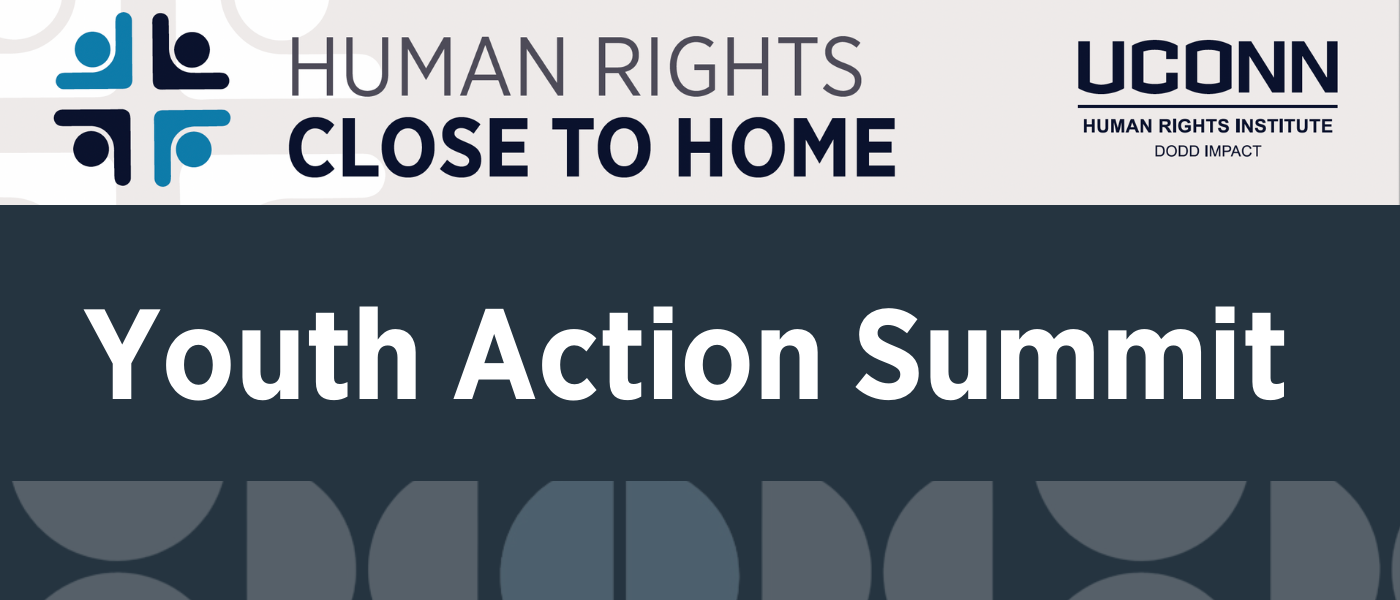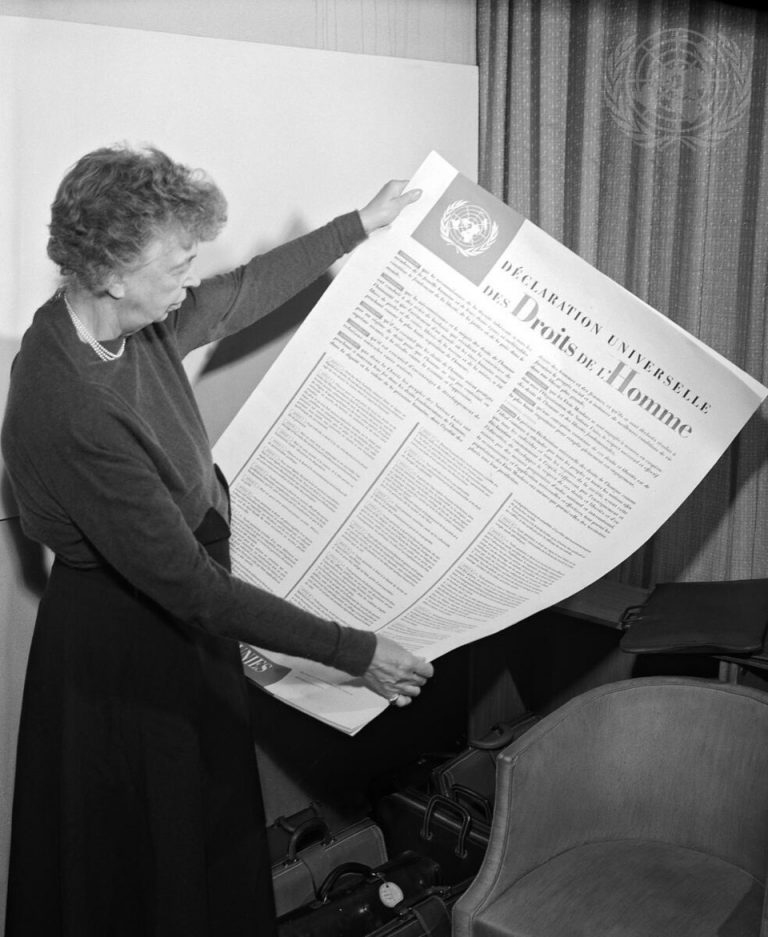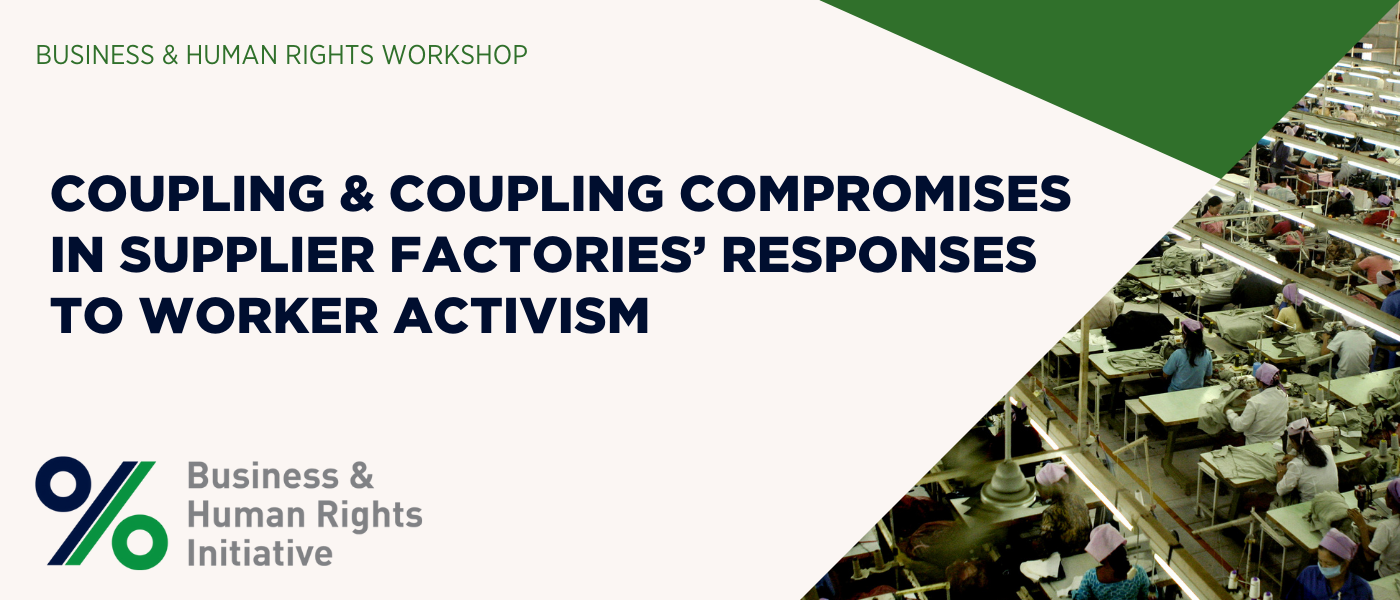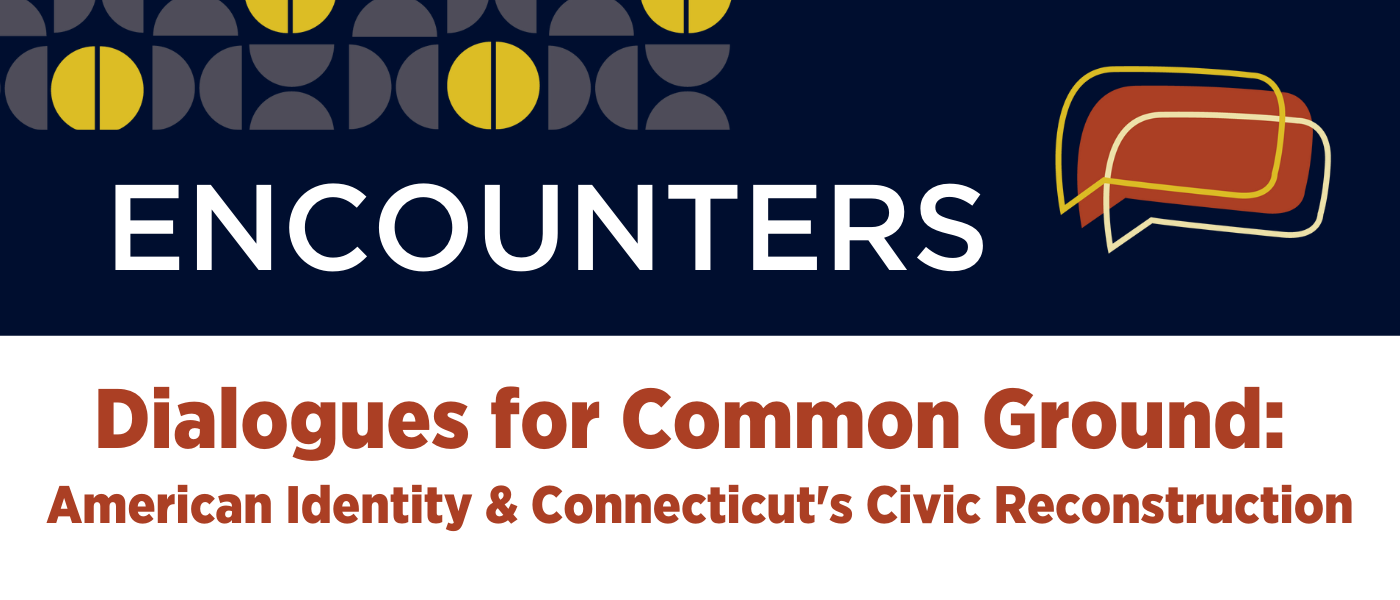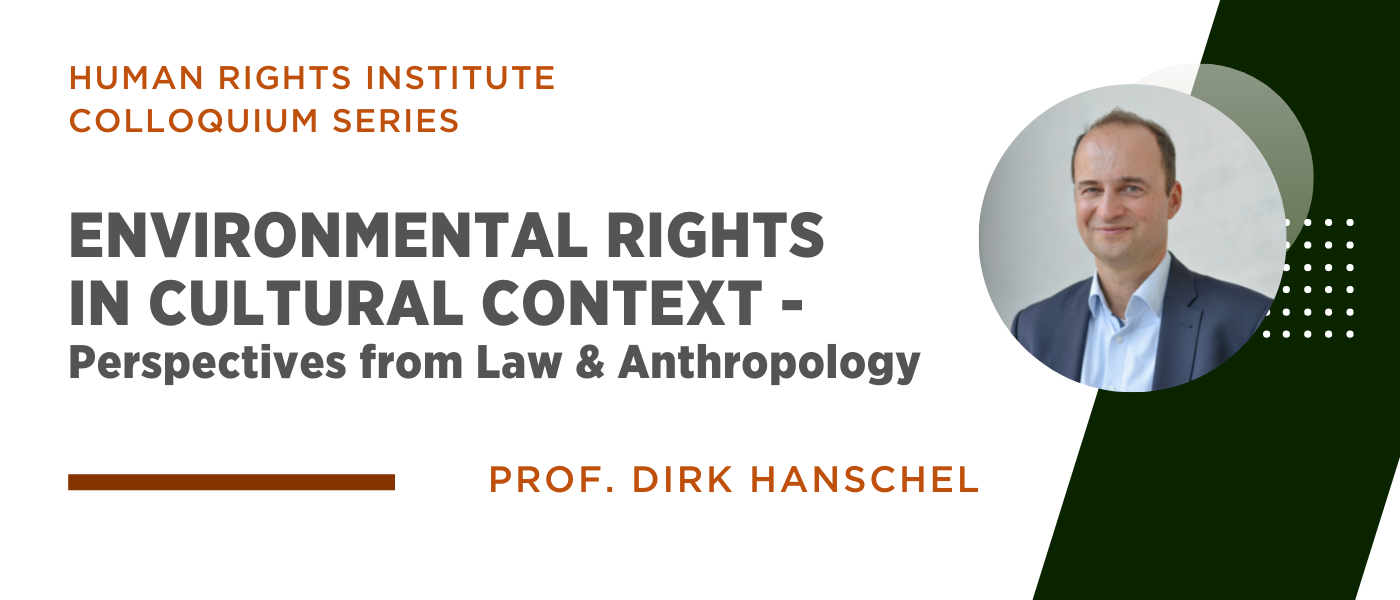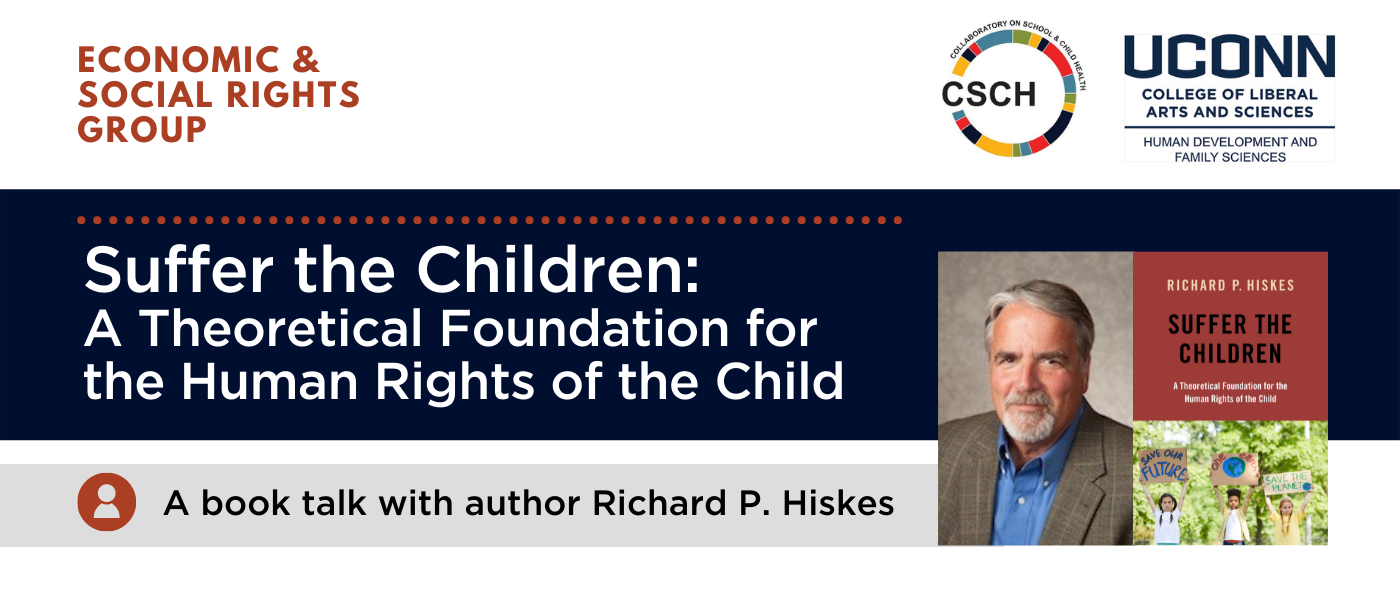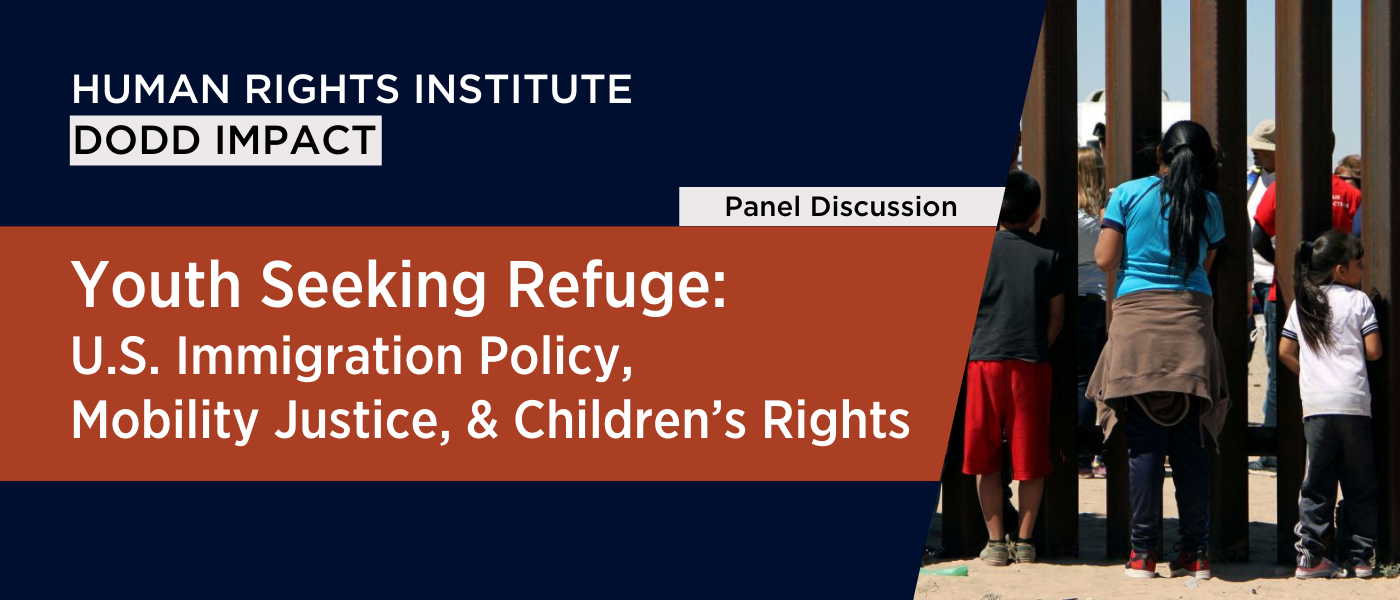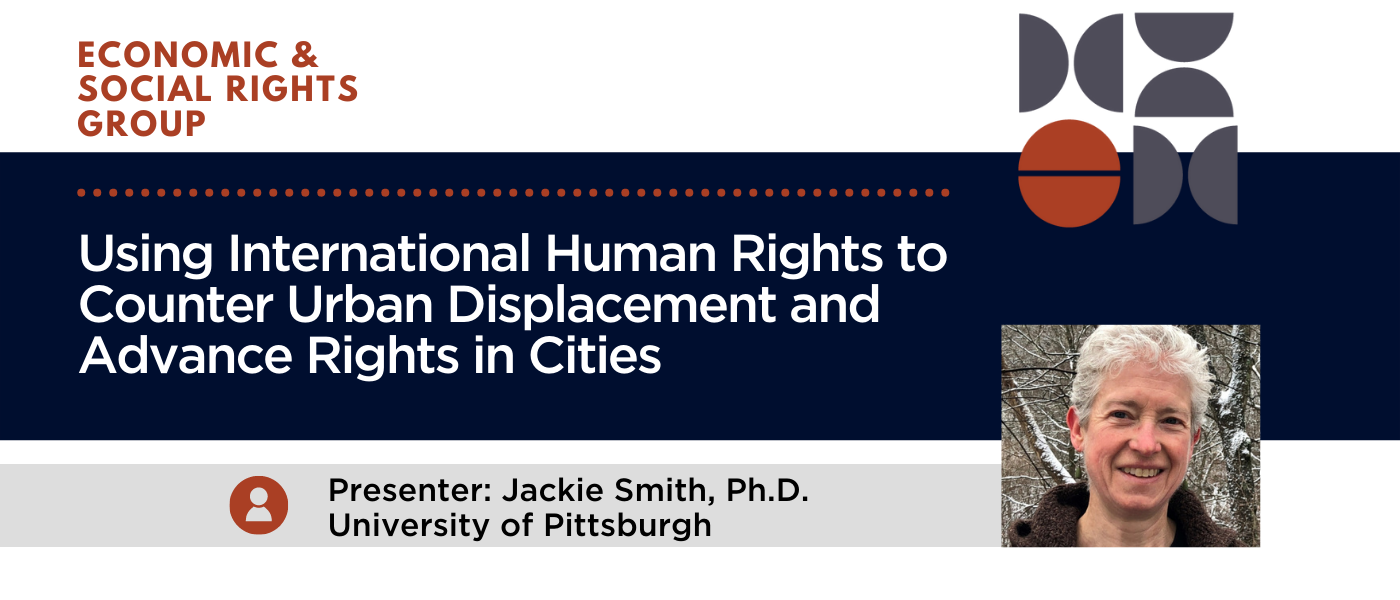Monday, April 25, 2022
2:00pm - 3:15pm
Hybrid Event
Dodd Center for Human Rights - Room 162 & Zoom
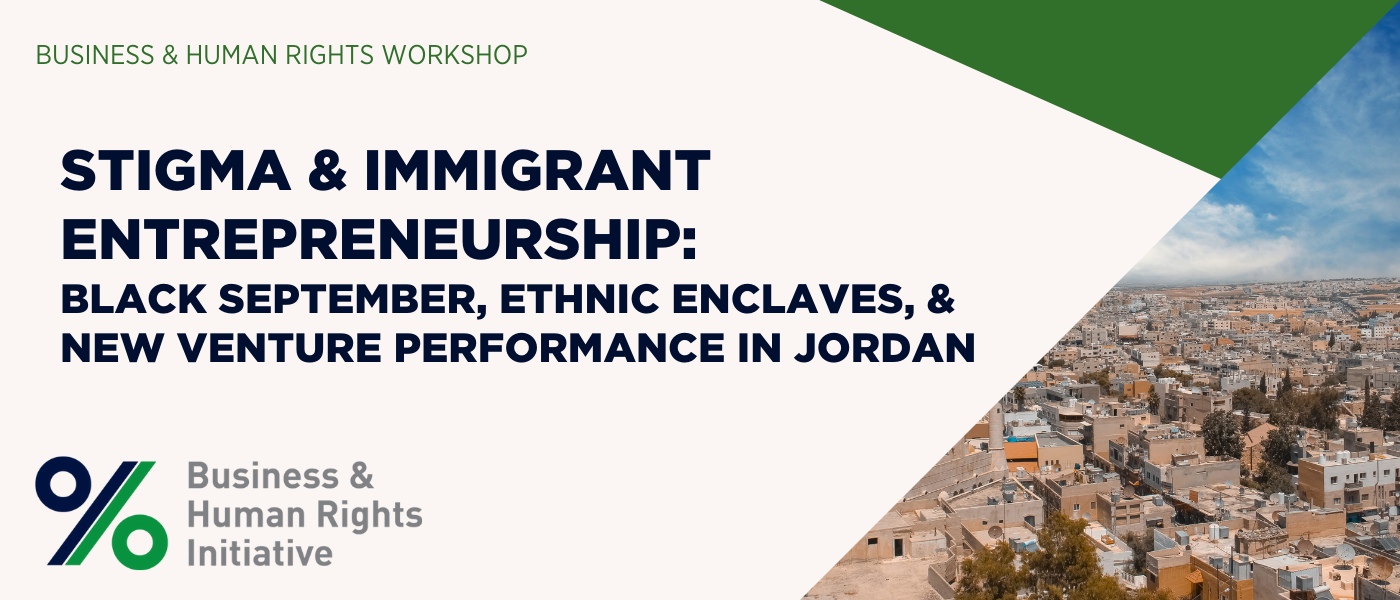
About This Workshop:
The Business and Human Rights Workshop is dedicated to the development and discussion of works-in-progress and other non-published academic research. Below find the abstract for a preview of the paper. Please register for a link to read Prof. Ryan Cole's paper, the focus of this workshop.
Prior research on immigrant entrepreneurship has largely overlooked the difficulties faced by stigmatized immigrant groups and the strategies that such immigrant groups can undertake to improve new venture performance. To address this issue, we examine immigrant entrepreneurship in Jordan. We find that stigmatized immigrant entrepreneurs in Jordan are more negatively affected by government practices than native and non-stigmatized immigrant entrepreneurs. Moreover, we find that stigmatized entrepreneurs can partially mitigate these effects by founding their ventures in established ethnic enclaves where entrepreneurs can access brokers with social ties that can help overcome discrimination. Empirically, we examine this phenomenon using data on new venture performance of 8756 entrepreneurs in the Hashemite Kingdom of Jordan from 2003 to 2013 and supplemented with 60 qualitative interviews.
Presenter:
Prof. Ryan Coles,
UConn School of Business
Discussant:
Prof. Michael Rubin,
UConn Human Rights Institute,
Schools of Engineering & Business
This workshop will be hosted both in-person and on Zoom. Please register regardless of the modality you wish to join. The workshop will not be recorded.
This event is sponsored by the Business and Human Rights Initiative, a partnership by Dodd Human Rights Impact, the UConn School of Business, & Human Rights Institute.
